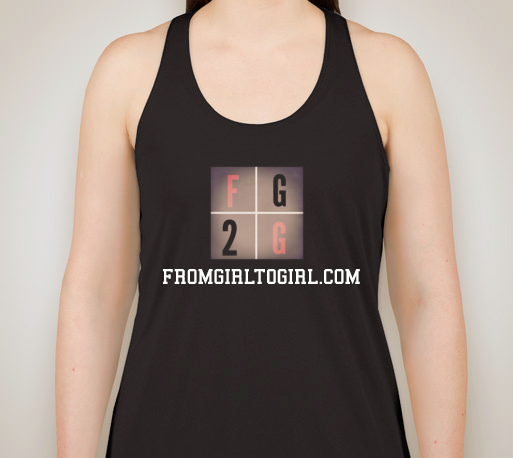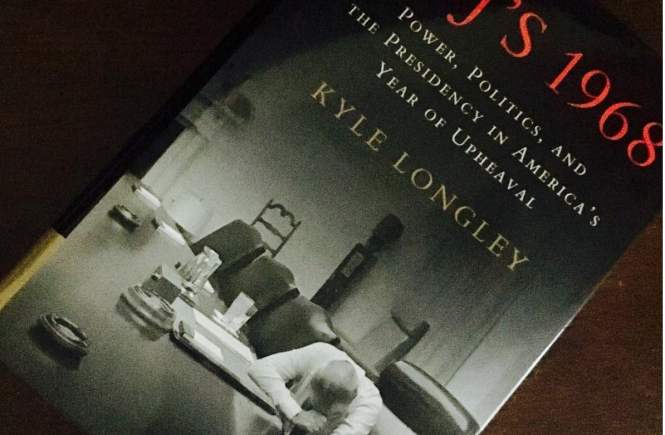Summer is often a good time to catch up on quality reading. I couldn’t ask for a more noteworthy summer reading than LBJ’s 1968: Power, Politics, and The Presidency in America’s Year of Upheaval by Kyle Longley, from the Cambridge University Press.
2018 marks the 50th Anniversaries of The Fortas Affair, the Soviet Invasion of Czechoslovakia, and the 1968 Democratic National Convention and election through the eyes of President Lyndon Baines Johnson (LBJ). I have never had a full history course on this era, but I definitely recommend it for both grade school and college classroom curriculums focused on political science, international relations, the civil rights era, and overall American history educational material.
To say the least, it is a fascinating read of tragedy, disaster, and perseverance. What I like about the book is the story of Lyndon B. Johnson giving away his power for both selfish reasons and the greater good – a combination of heroism and stubbornness. My interest in the micro-biography is learning how LBJ’s strategic communications and crisis management skills impacted American History. It is interesting how his personality strengths and weaknesses changed outcomes. There are plenty of what if’s throughout the book.
Surviving the year of 1968 would have challenged any leader. LBJ truly had the weight of the world on his shoulders but I feel he handled it better than most. Although I wasn’t alive during this political era, I can tell LBJ was an ambitious man who wanted to focus on the greater good of all Americans, not just some. I can only respect him for that.
I couldn’t imagine keeping that calm under the pressure he experienced during his presidency. I also find him relatable with the narrative on the tunnel vision he experienced with Vietnam. When you want things to go right, it is hard to give up on the idea that the desired outcome will not happen. LBJ demonstrated character strength when he stopped focusing on what could have been and put his attention on how to best address the reality of the circumstances such as preventing the Pueblo incident from causing another war. In short, strategic considerations matter and often top leadership must take unpopular positions.
Yes, LBJ’s 1968: Power, Politics, and the Presidency in America’s Year of Upheaval is both a biography of a single year as it is of the 36th President of the United States, capturing the tumult of an unforgettable and horrific time in United States history. Yes, it is written tastefully. Yes, it is hard to give up the perceived American invincibility or even personal invincibility. These are on-going battles.
One of my favorite quotes from the book is:
“I want war like I want polio… but what you want and your image are two different things.” – LBJ
Before we know the answers, reality catches up. During the presidency of LBJ, he feels the burden of the responsibilities Americans and the world entrusted to him to resolve some of the biggest problems of the time.
The biggest question on the mental health of any reader is this: Do you have the power to let power go?
It is a difficult question for anyone to truthfully answer. It was difficult for LBJ. It is a difficult question to answer during the Trump era. In present-day, North Korea is a thorn in the side for the United States and the stakes are higher with the use of missiles and nuclear weapons. We even suspect, similar to the Chennault Affair, that a foreign government played a role in shaping the outcome of a presidential election, collusion. Moreover, political battles on health care, civil rights, the environment, and education remain.
This is why LBJ’s 1968: Power, Politics, and the Presidency in America’s Year of Upheaval is a must read for all ages. It is a powerful narrative about a man who finally gave up power to put the needs of his country ahead of his own desires. That in itself is remarkable.
About the Author: Kyle Longley
Kyle Longley is the Snell Family Dean’s Distinguished Professor of History and Political Science at Arizona State University. He is the author of numerous books, including In the Eagle’s Shadow: The United States and Latin America (2002), Senator Albert Gore, Sr. (2004), and The Morenci Marines: A Tale of a Small Town and the Vietnam War (2015).
About Cambridge University Press
Cambridge University Press dates from 1534 and is part of the University of Cambridge. The press furthers the University’s mission by disseminating knowledge in the pursuit of education, learning and research at the highest international levels of excellence, with 50+ offices around the globe, publishing titles written by authors in over 100 different countries.







